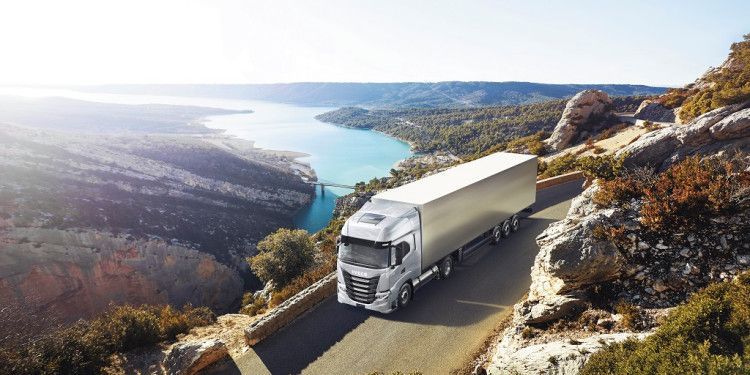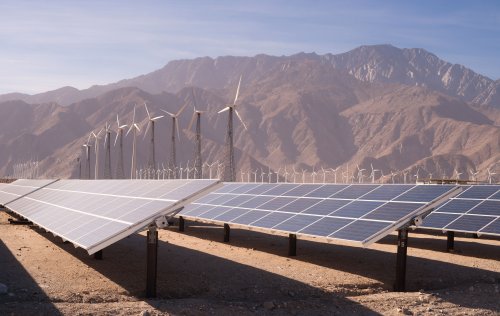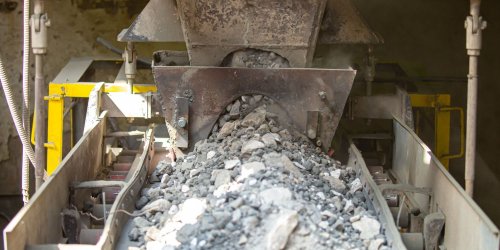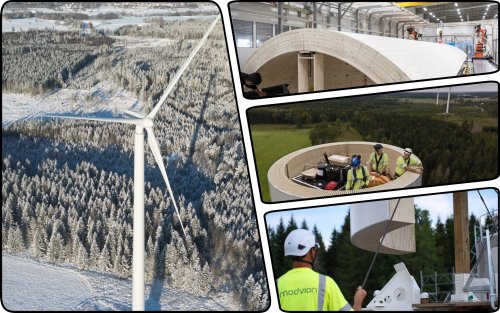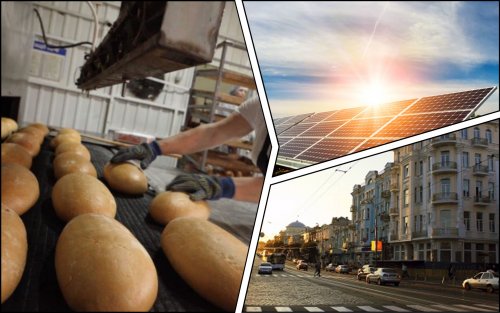The heavy goods industry has significant potential to meet the EU's emission reduction targets of at least 55% by 2030.
Although the activities in the RePowerEU package are not aimed directly at this sector, some companies are already linking their strategies to sustainable production, according to Impactor
Trucks are a fundamental component of the EU economy and society. They are central to the functioning of the logistics and transport ecosystems of the bloc and have the greatest contribution to the intercontinental transportation of goods and materials vital to everyday life.
Some players in the European industry are already entering the market, and some are either in the initial or final stages of mass production of cars with low or zero emissions.
Thus, LNG trucks are at the forefront of industrial decarbonisation efforts as a cleaner alternative to diesel and a key part of the long-distance zero-emission strategy for zero-emission vehicles.
"The availability of technology, as well as their cost-effectiveness and scalability of production, make them the ideal immediate solution to achieve the EU's 2030 decarbonisation targets," the statement said.
Existing infrastructure and natural gas vehicles are fully compatible with renewable gas - biomethane, and are powerful drivers of carbon-free mobility at low system costs, especially in the long-distance transport sector, where demand for bio-LNG is growing rapidly.
The material explained that liquid or compressed biomethane can guarantee emission reduction efficiency equivalent to the characteristics of an electric vehicle charged with renewable electricity and even a net minus throughout its life cycle. In addition, instead of a long-term renewal of the vehicle fleet, biomethane provides an immediate opportunity to reduce CO2 emissions from cars in circulation today.
In the near future, European companies plan to start production of trucks on hydrogen fuel. Thus, IVECO established a joint venture with Nikola Corporation to develop and distribute hydrogen fuel cells and battery trucks for the European market.
"In long-distance freight transport, hydrogen is today the best technological option that can guarantee the competitiveness of traditional fuel vehicles in terms of range, refueling time and payload," says Impakter.
Battery electric trucks also have great potential for sustainable growth for the sector, particularly for urban missions and limited applications such as logistics and local public transport.
Fuel cell and battery technologies are becoming increasingly competitive with internal combustion engines. After all, thanks to the rapid improvement of fuel cell systems, hydrogen supply and battery systems, new zero-emission cars can become a competitive choice for customers sooner than expected.
However, success in the industry requires the development of solutions at the system level, covering refueling / recharging infrastructure, competitive supply of alternative fuels, better regulation and innovative public policy. The industry needs an integrated approach between business stakeholders and a sound political structure, which are crucial factors.
"As we strive to create a zero-emission society, heavy-duty vehicles and their manufacturers are not just adapting to new standards and regulations: they have the potential to drive change for a more sustainable future, starting with our 2030 targets," the statement said.
We will remind, Airgas will test the "most powerful" Hyzon truck on hydrogen engines.
As EcoPolitics reported earlier, car manufacturers and home appliances have agreed to supply green steel with H2 Green Steel.

